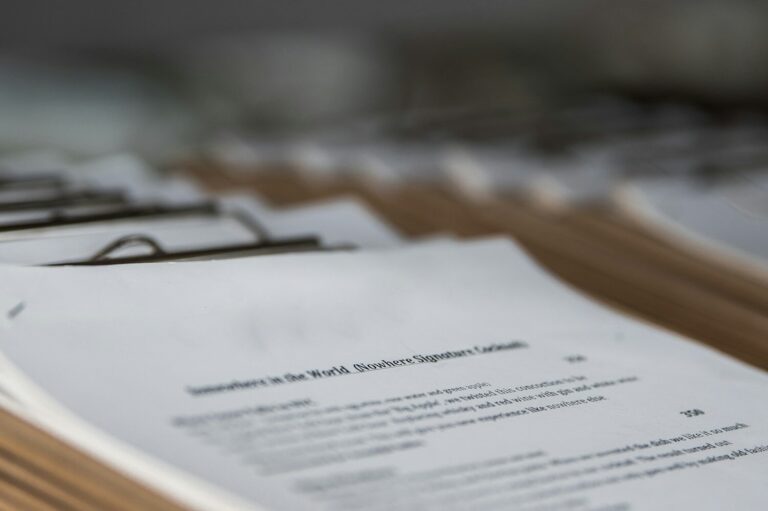Divorce often brings uncertainty about money, property and the future. One of the biggest worries for many people is whether their ex-spouse might be entitled to claim part of an inheritance from their parents. If you have been left a family home, savings, or investments, it is natural to want reassurance that these assets remain protected.
How inheritance is treated in divorce
Under UK law, inheritance is generally considered non-matrimonial property. This means it is usually kept separate from the wealth built up during a marriage, such as salaries, pensions, and jointly purchased property. Courts often distinguish between assets acquired together during the relationship and those passed down from parents or relatives.
However, the law does not give absolute guarantees. Family courts have wide discretion to decide how assets are divided. While inheritance is usually treated differently from joint property, there are circumstances where it can still form part of a financial settlement.
When inheritance might be included
Inheritance could be considered in a divorce if:
- It has been mixed with joint finances. For example, if inheritance money was used to buy or renovate the family home, it becomes part of the shared marital assets.
- The other spouse’s needs cannot be met from matrimonial property alone, particularly if children are involved. Courts will always prioritise housing and welfare needs.
- The inheritance forms a substantial part of the total assets and excluding it would result in an unfair outcome.
In practice, if the inherited money or property has been kept separate, it is more likely to remain outside the financial settlement. But if it has become interwoven with marital assets, your ex-husband may be able to claim a share.
Timing and inheritance during the marriage
When the inheritance was received can also influence how it is treated. If you inherited money or property before the marriage and kept it separate, it is less likely to be shared in divorce proceedings:
Inheritance received during the marriage may be considered more closely, especially if it was used for family purposes
Inheritance received after separation is rarely included, unless it is needed to meet immediate financial needs of children or the ex-spouse.
Protecting inheritance
There are several ways to protect inheritance from being divided in divorce:
- Keep inherited money or property separate from joint accounts and shared investments.
- Avoid using inheritance for joint purchases, particularly the family home.
- Consider prenuptial or postnuptial agreements, which, while not automatically binding, are often upheld if properly drafted and fair.
- Maintain clear records of how inheritance has been managed, to show it has not become intermingled with marital assets.
Early legal advice can also make a significant difference if divorce becomes likely.
The court’s balancing act
Courts in England and Wales always aim for fairness. They will look at the needs of both parties, their contributions, and the welfare of any children. If excluding inheritance would leave one spouse without adequate housing or financial security, a judge may decide it should be factored into the settlement. Outcomes are highly individual, and this is why expert legal support is essential.
Taking the next step
If you are concerned about inheritance and divorce, the best course of action is to seek professional advice tailored to your circumstances. Every case is unique, and courts consider a wide range of factors. Acting early can help you protect family wealth and plan with greater confidence.
If you’re wondering whether your ex husband can claim inheritance from your parents, our experienced divorce solicitors can guide you through your options and provide clear, practical advice. We’ll outline your options in a free 30-minute consultation by video call or at our offices in Harrow, Canary Wharf, Piccadilly Circus and Manchester.
Take the first step towards expert advice by calling 0203 983 5080, emailing [email protected] or using the contact form below.




